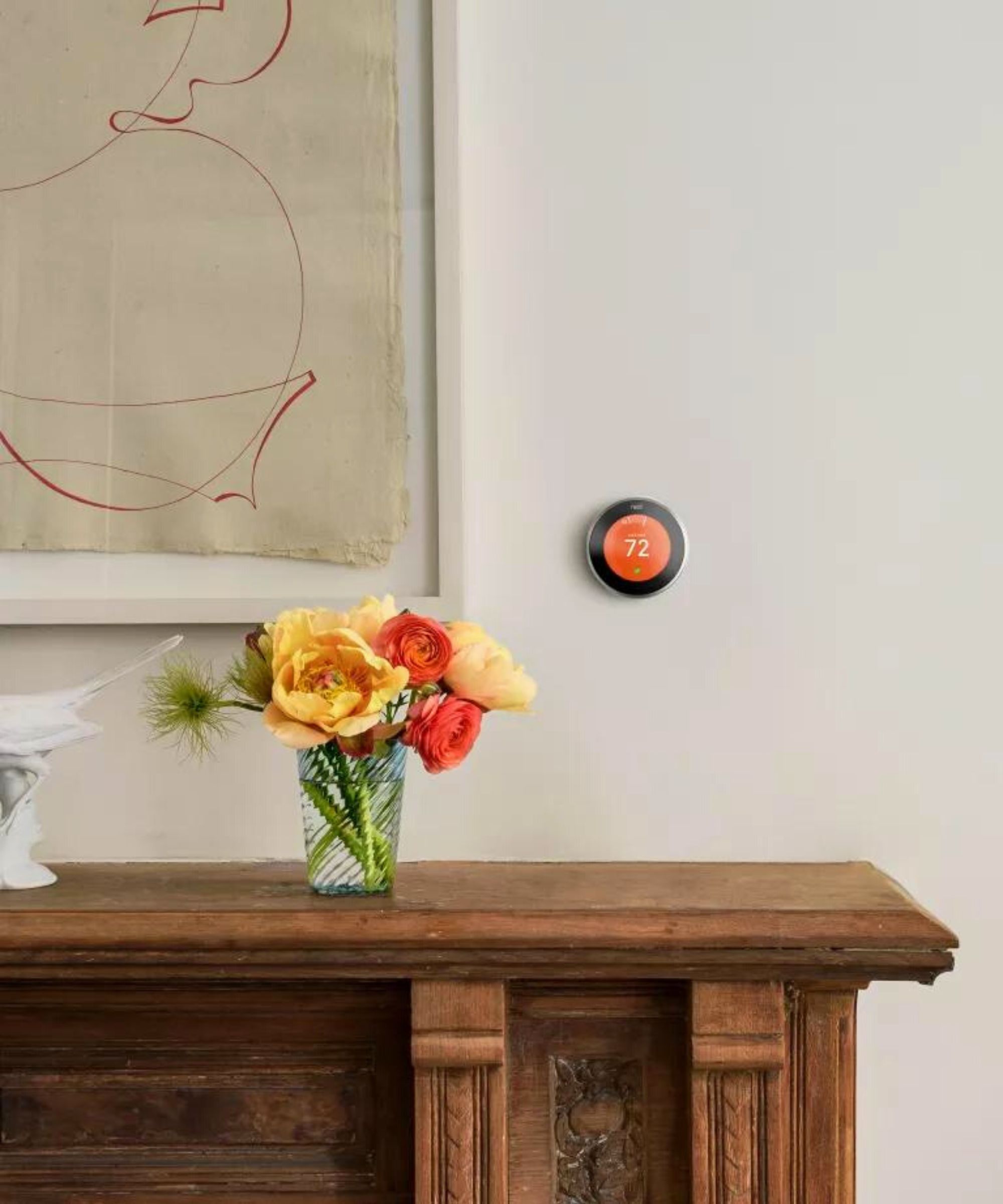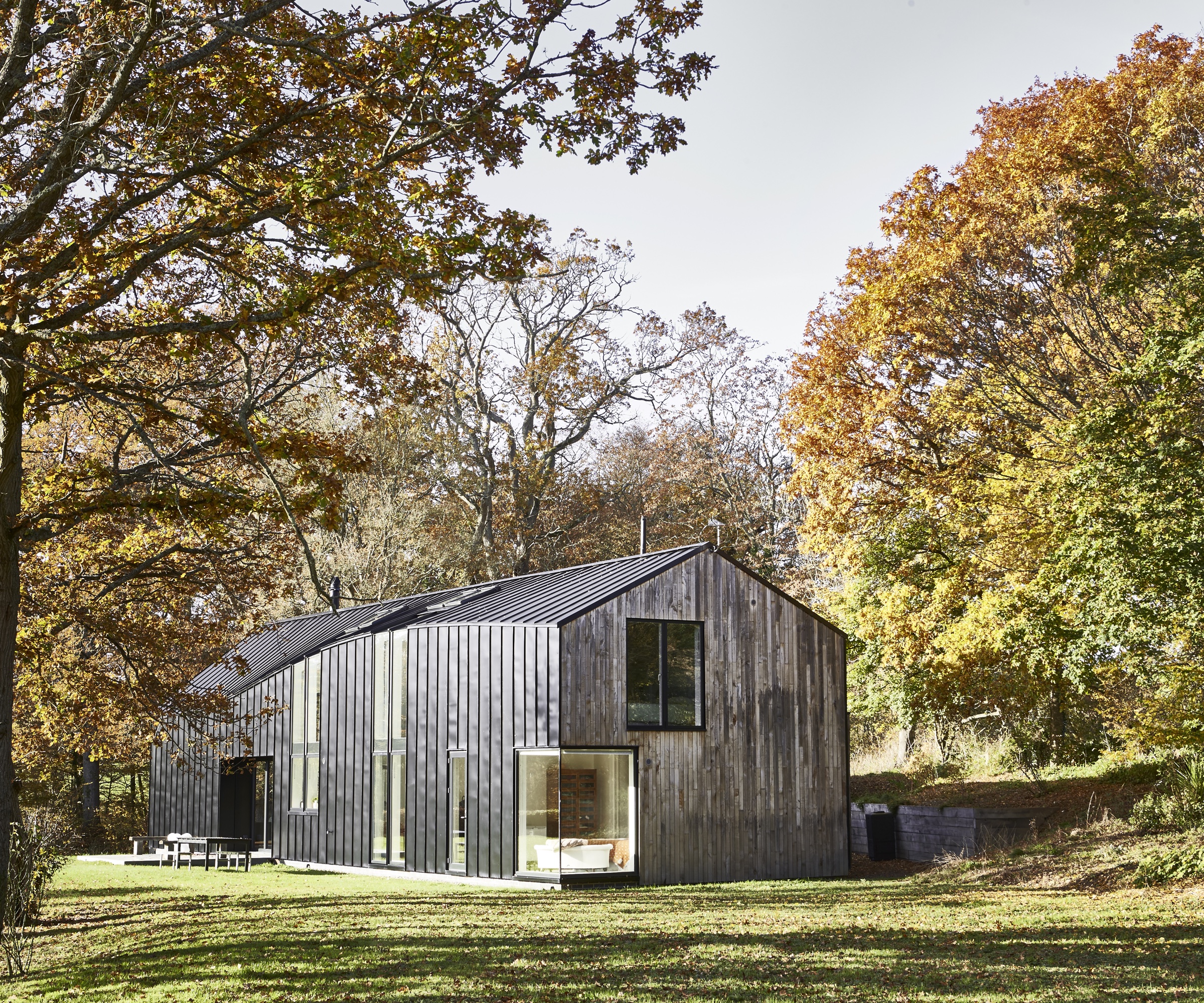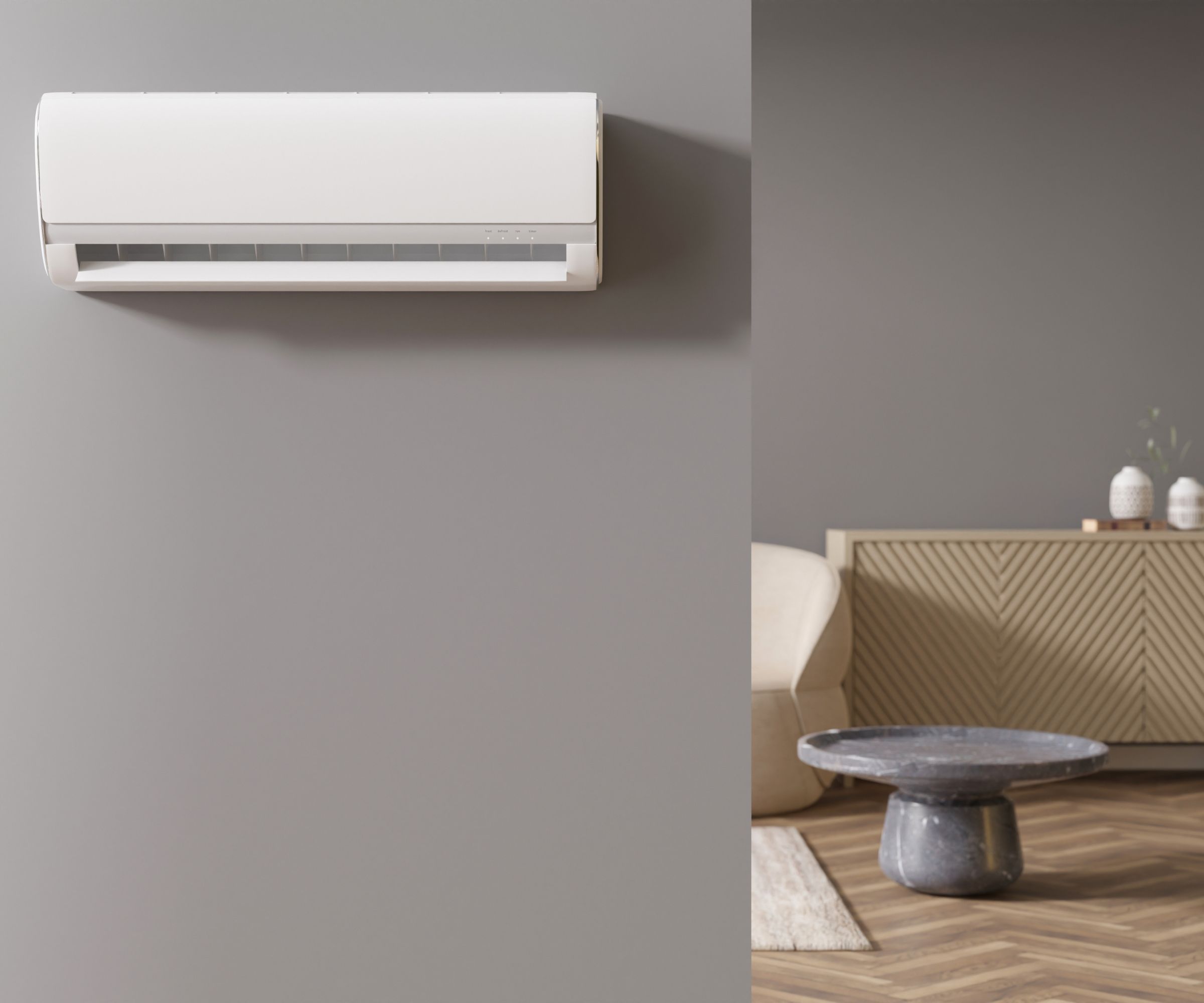
As energy costs continue to rise, finding ways to make homes more energy-efficient has become increasingly important. One of the most effective ways to achieve this is by improving the Energy Performance Certificate (EPC) rating of your home, leading to significant savings on your energy bills.
An EPC rating measures a building's energy efficiency, rated on a scale from A to G, with A being the most energy-efficient and G being the least. This rating is based on factors such as insulation, heating systems, lighting, and renewable energy resources.
Implementing practical strategies to boost your home's EPC rating can cut energy bills and transform your property into an eco house. Whether with large or small changes, from adopting sustainable home renovation tips to choosing eco-friendly gadgets to be more sustainable at home, optimizing your home's energy efficiency not only reduces your environmental impact but also ensures long-term savings on utility bills and future-proofs your home.
How to improve your EPC rating and reduce energy costs
The best tactics for improving energy efficiency will depend on the property.
'Tailoring your approach to your home includes what is suitable for the property type (for example, solar panels can’t be installed for one flat in a block) and considering what preparatory work should be done before buying expensive energy-efficiency measures,' explains Kira Wolfe, digital operations manager at Easy EPC.
'For example, air source heat pumps are considered energy efficient, but these will not work effectively if there isn’t sufficient insulation in the home. Alternatively, installing a lot of insulation in a property without good ventilation can cause or exacerbate damp and mold problems.'
So, the first step should be to assess your current EPC rating. Obtain a copy of your home's EPC report to understand its current energy efficiency rating. This document provides valuable insights into areas where improvements can be made to enhance your home's performance and reduce energy consumption.
Then, consider which of these methods below you can incorporate to effectively make your home more energy efficient and reduce energy bills.
1. Install renewable energy sources

The most impactful way to increase your property’s EPC rating involves investing in renewable energy solutions. These often involve a high upfront cost but can significantly decrease energy consumption, reducing bills and paying for themselves long-term.
Solar panels, for instance, can significantly increase your EPC rating, reducing reliance on the grid and lowering electricity bills (potentially by 50-70% depending on your location and the system's capacity), and potentially even earning you money back through feed-in tariffs if you generate excess power.
'Another significant impact on EPC rating comes from installing solar energy storage systems,' adds Robert Raffa, President and Owner of Sunergy Solutions LLC. 'These systems absorb and store excess solar energy during daylight and make it available for use at night or during peak tariff times, which directly reduces energy costs.'
'Moreover, such installations are becoming more affordable and are a practical solution for many homeowners looking to improve their home's EPC rating and reduce energy bills substantially.'
2. Install heating controls

Heating controls, such as smart thermostats or energy-efficient appliances, can make it easier to manage your heating types efficiently, contributing to a better EPC rating for your property and lowering energy bills. They allow you to schedule your heating to run only when needed and can learn your schedule and adjust heating accordingly, reducing wasted energy.
Additionally, appliances controlled by smart electric meters or home energy management systems can adjust their operations according to your usage patterns or energy demand to reduce unnecessary energy consumption. For example, your dishwasher can be scheduled to operate when electricity rates and demand are lower.
3. Improve insulation

Improving insulation is one of the most effective methods to enhance your home's EPC rating. Insulation is a key aspect of EPC assessment, as insulating your walls, attic, floors and hot water cylinder can help to trap heat in your home and reduce the need to crank up the heating. Checking and upgrading insulation in these key areas can improve heat retention by up to 25%, contributing to a more energy-efficient home overall.
Upgrading your insulation is not just beneficial for eco-heating purposes, it also means your home stays cooler in summer, reducing reliance on heating and cooling systems, and leading to lower energy consumption.
Be sure to seal all cracks and gaps around windows and doors as part of this process. DIY draft-proofing is one of the cheapest and most effective ways to save energy and enhance the comfort of your home. This can improve overall energy efficiency by 5-10%, helping to maintain desired temperatures with less energy.
4. Energy efficient roofing

Energy-efficient roof materials can play a significant role in lowering your home's EPC rating. By choosing eco-friendly building materials designed to reduce heat absorption and minimize heat transfer, you can improve the overall energy efficiency of your home.
For instance, cool roof materials, such as reflective coatings or light-colored singles, can help reduce the amount of heat absorbed by the roof, thereby lowering the demand for air conditioning during warmer months. This results in less energy consumption for cooling, leading to a higher EPC rating and lower energy bills.
'One key option is metal roofing,' says Ben Connell, owner of Connell Roofing. 'Metal's durability also means reduced maintenance and replacement costs, which adds long-term value.
'Another effective approach includes the installation of Cool Roofs. Made with materials that reflect more sunlight, these roofs absorb less heat, significantly lowering a building's temperature.
'Lastly, Insulated Roofing Systems are invaluable for both warmth retention during winters and keeping homes cool in the summer. Implementing such systems on flat and pitched roofs has helped our clients slash heating costs by a substantial margin during colder months and similarly reduce air conditioning needs when it's warmer.'
5. Upgrade windows

'Around 18% of your home’s heat is lost through your windows, and heat is lost twice as fast if windows are single-glazed,' warns Jon Bonnar, Managing Director at Cotswold Energy.
Replacing single-glazed windows with double or triple-glazed options can significantly improve thermal efficiency, meaning less heat will escape and allow you to keep your home warmer whilst using less energy. The more glazing your windows have, the higher your EPC rating will be.
'Look for windows with low-emissivity (low-E) glass and inert gas (like argon) fills between panes, which provide better insulation by reducing the amount of infrared and ultraviolet light that enters your home without minimizing the amount of light,' explains Josh Mitchell.
'Upgrading to energy-efficient windows can improve your home’s energy efficiency by around 10-15%.'
6. Consider ventilation and air quality

'Good ventilation helps control moisture and reduce the need for air conditioning, which can improve your EPC rating,' says HVAC technician, Josh Mitchell. 'Consider installing ventilation systems that don't compromise your home's thermal envelope, like heat recovery ventilators. Efficient ventilation systems, particularly those with heat recovery capabilities, can reduce the need to use heating systems by about 10-20%.'
Al Fouz at Abaco Air Experts also emphasizes the importance of HVAC updates to improve their home's EPC rating while enjoying decreased operational costs:
'One pivotal element involves the installation of high SEER-rated HVAC units. For instance, modern HVAC systems we've implemented with SEER ratings of 14 or above have helped homeowners cut their energy expenses by as much as 40%. This is primarily due to the units' enhanced efficiency compared to older, lower SEER-rated models.
'Another technique we focus on is the integration of variable speed compressors in these high-efficiency HVAC systems. These compressors adjust their speed to precisely meet the heating or cooling demands of the home, reducing unnecessary energy consumption. This not only stabilizes indoor temperatures but also diminishes overall energy usage, directly contributing to a higher EPC rating.
'Upgrading to newer, energy-efficient HVAC systems not only slashes monthly energy bills but also contributes to environmental benefits. Such systems utilize less electricity, which in turn reduces the dependency on fossil fuels, hence lowering greenhouse gas emissions. This sustainable approach not only aligns with increased efficiency standards but also enhances the overall marketability and comfort of the residence.'
Additionally, regularly engaging in some simple appliance maintenance tasks to lower your energy bills such as cleaning your HVAC system or getting it serviced can make it more energy efficient, lowering energy bills.
7. Switch to LED Lighting

Replace older incandescent and halogen bulbs with LED bulbs, which use up to 90% less energy and last much longer. This simple change can have a significant impact on your home's energy consumption. We recommend these DEGNJU LED bulbs from Amazon.
Improving your home’s EPC rating not only reduces your energy bills but also increases the value of your property. While some improvements may require upfront investment, the cost savings on energy bills can quickly offset these initial expenses.







